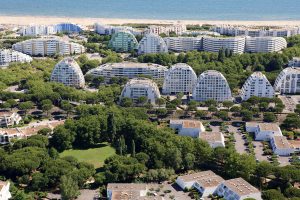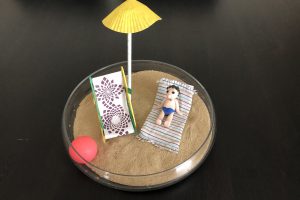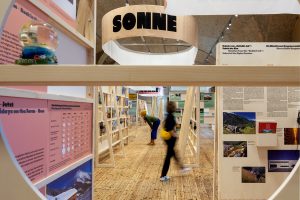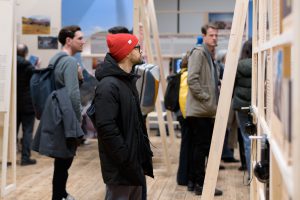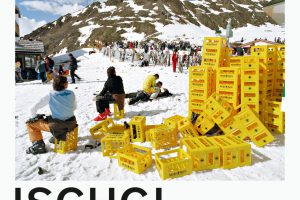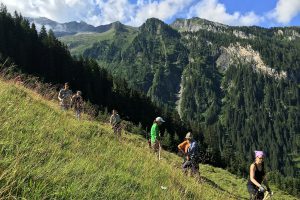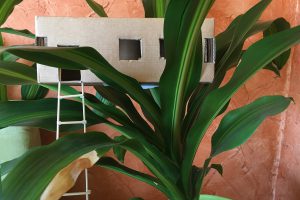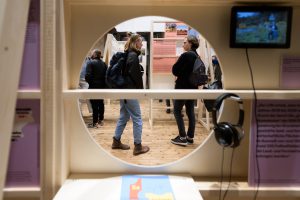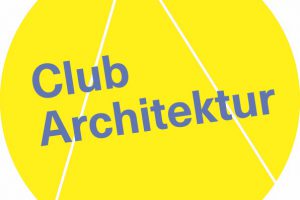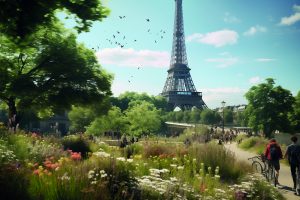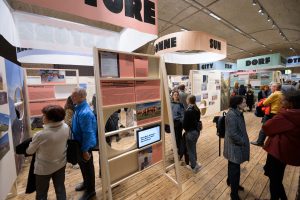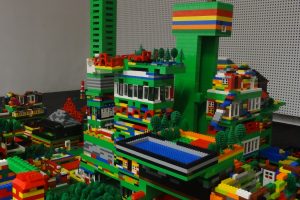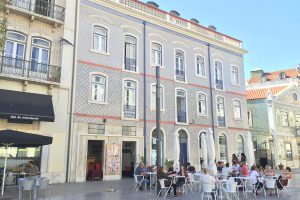Exhibition
Toourism
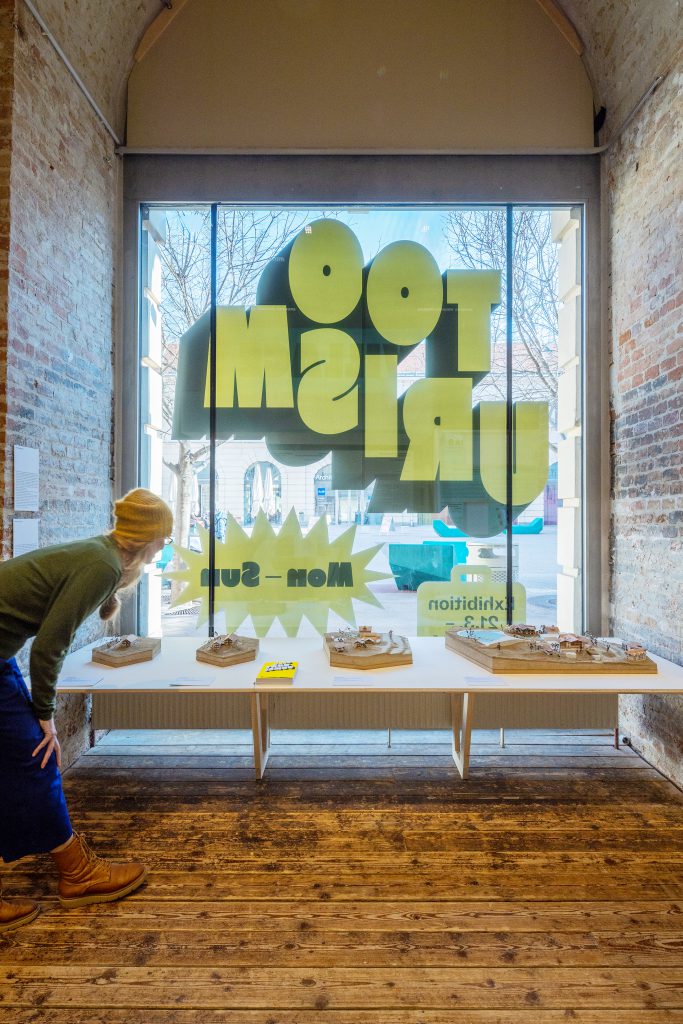
Exhibition "Toourism", 21.03.–09.09.2024
© Photograph: Lisa Rastl
More and more people are travelling more often, further and for shorter stays. What is the impact of our holidays on the built environment, the social fabric and climate change? And how can we envisage tourism that does not destroy the basis of its own existence?
Tourism has been growing in intensity for decades, and has become an integral part of our Western lifestyle. It has created added value, prosperity and cosmopolitanism in even the most remote regions, thus halting out-migration. Tourism also promotes local cultural events and, ideally, tolerance and education. That is the upside of tourism. On the downside are negative effects such as crowds, the impact on the environment, and rising land prices.
Tourist hotspots suffer from the onslaught of visitors, while other places are being left behind. Communities are ambivalent: On the one hand they benefit from tourism, while on the other they are increasingly observing undesirable side effects. And considering that tourism is more dependent on the climate than other sectors of the economy, it is astonishing that climate change is often still a marginal issue here, of all places.
How can we rethink tourism in an era of climate crisis, wars, the threat of further pandemics, a shortage of skilled labour and an ongoing energy crisis, and steer it in a more sustainable direction? What is the role here played by spatial planning and architecture? The exhibition sheds light on key aspects of tourism, such as mobility, city tourism, interactions with farming, climate change, the privatisation of natural beauty and the change in accommodation typologies, and explores the question of whether and how the development of tourism is planned. Using clear illustrations, examples and data, the exhibition engages with phenomena such as short-term rental platforms, ‘cold beds’, the accrual of wealth with vacation properties and the declining ‘attitude towards tourism’ among local populations due to escalating housing prices and rising living costs.
Above all, however, the exhibition looks at the potential for transformation. Many holidaymakers are reluctant to see themselves as part of the phenomenon of mass tourism, and misgivings about the climate compatibility of our travel habits are being voiced more loudly.
A large number of initiatives have recently emerged that take a different approach to the natural environment, local populations, the climate, towns and villages, as well as mobility. Local and international examples present pioneering solutions and create an appetite for holidays that are no longer based solely on consumption and the growth paradigm. The key question remains: How can we envisage tourism that no longer destroys the basis of its own existence?
Curators: Karoline Mayer and Katharina Ritter, Az W
Assistance: Dina Unterfrauner
Exhibition architecture: ASAP – Pitro Sammer
Exhibition graphics: LWZ & Manuel Radde
Exhibition book
The exhibition is accompanied by a comprehensive and richly illustrated book, ‘Über Tourismus’, with essays (in German) by: Linda Boukhris, Ana Gago, Maria Kapeller, Helga Kromp-Kolb, Kurt Luger, Arno Ritter, Arthur Schindelegger.
Edited by: Karoline Mayer, Katharina Ritter, Angelika Fitz and Architekturzentrum Wien
Published by: Park Books
Book design: Manuel Radde & LWZ; illustrations: LWZ
From 27 September to 13 December 2024 (opening Wed 25 September, 18:00) the exhibition will be shown in Vorchdorf as part of the Salzkammergut Capital of Culture.

